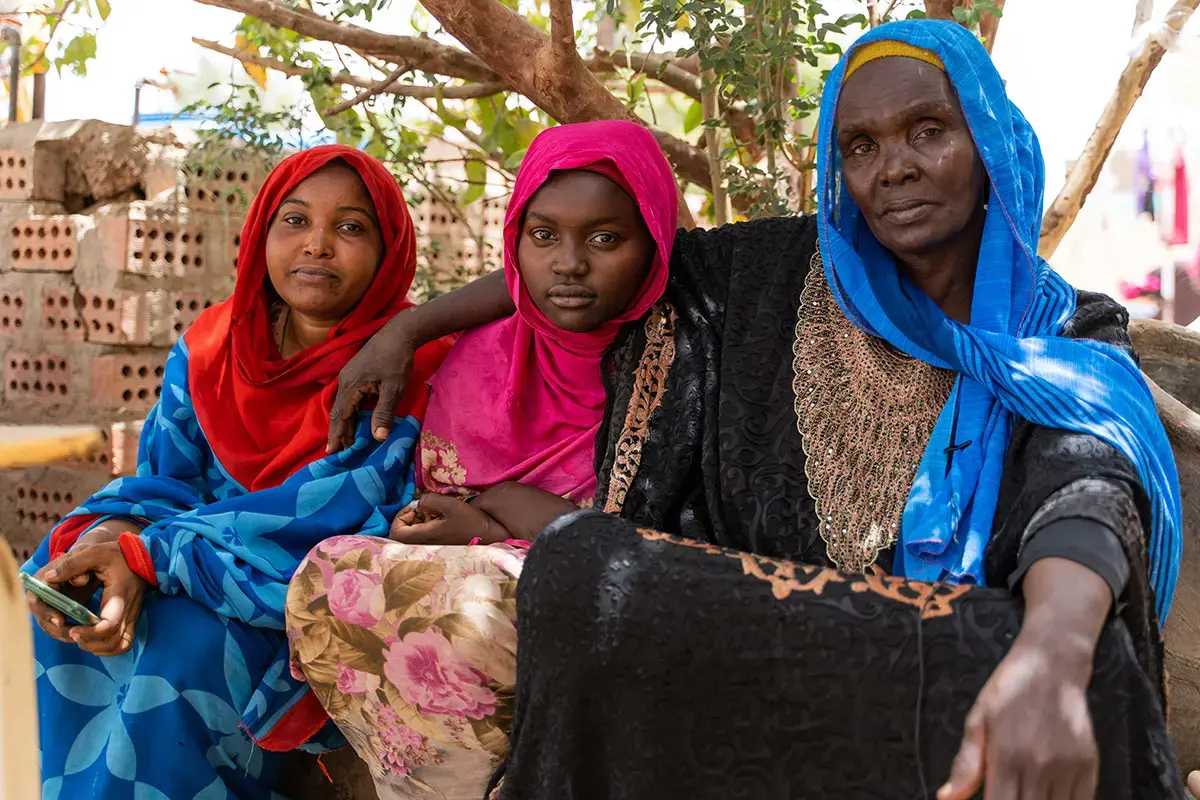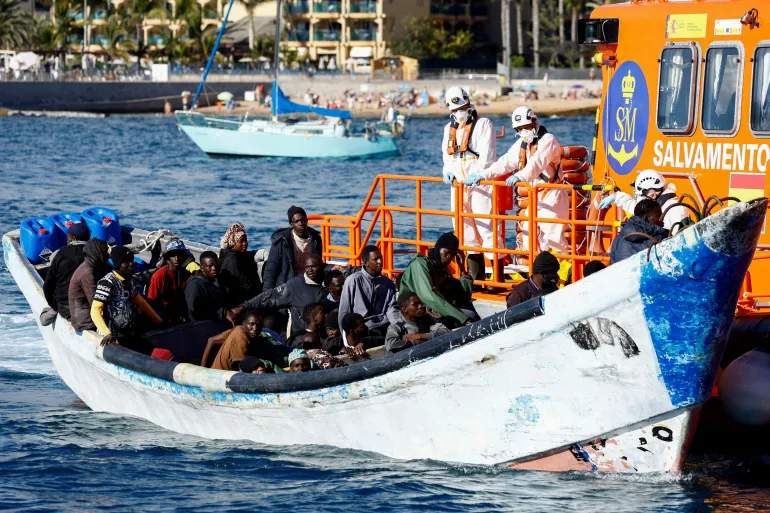Photo credit: Euractiv
Large numbers of Israelis took to the streets on Sunday night, and a general strike was called amid an eruption of public outrage over the government’s handling of the Gaza war.
The Guardian reports that the protests happened after the revelation that six hostages being held deep underground by Hamas had died. The discovery of the hostages’ bodies might bring deep divisions over the war to the breaking point. About 100,000 protested in Tel Aviv. Others demonstrated in Jerusalem.
Pressure on Prime Minister Benjamin Netanyahu to bring the remaining hostages home by reaching a ceasefire reached a new peak. The first general strike this year will halt parts of Israel’s economy on Monday. Government, municipal offices, schools and many private businesses were due to close.
Ben Gurion International Airport was also expected to shut down at 8 am local time.
On Sunday night, demonstrators cut off the Ayalon highway, which runs through the heart of Tel Aviv. They filled the road and lit a bonfire while drumming and singing. Some police officers attempted to control the protest but could not push it back.
The Israel Defense Forces revealed that the bodies of Carmel Gat, Hersh Goldberg-Polin, Eden Yerushalmi, Alexander Lobanov, Almog Sarusi and Ori Danino were found in tunnels “dozen of metres” underground during fighting in Rafah in Southern Gaza. They were seized during the October 7 attacks on Israel.
According to Israel’s health ministry, a forensic examination had shown that they had been “murdered by Hamas terrorists in a number of shots at close range” 48 to 72 hours before their bodies were found.
But the indications that Hamas executed them did not assuage the widespread fury towards Netanyahu and his right-wing coalition for failing to agree to a US-based hostages-for-peace deal with Hamas. The deal has been on the negotiating table since May.
The Prime minister blamed Hamas for its failure to accept the deal. He said, “Whoever abductees does not want a deal. We, for our part, did not let up. The Israeli government is committed to continue striving for a deal that will turn all our abductees and guarantee our security and existence.”
However, the prime minister’s claims were undermined by anonymous briefings to the press by security officials on Sunday. Netanyahu’s insistence on retaining strategic territory inside Gaza was criticized for the failure to reach a breakthrough in the hostage negotiations.
Izzat al-Rishq, a senior Hamas official, blamed the deaths on Israel and the US. He pointed out to Israel’s failure to agree to a ceasefire deal, which he said Hamas had accepted. He was silent about how the hostages had died, and he did not comment on IDF suggestions that they had been executed.
Another Hamas official claimed the hostages had been killed by Israeli fire and bombing in their occupation bid. But the IDF denied it.
Amon Bar=David, the leader of the Histadrut trade union, while announcing the strike, said, “It is impossible to stand by any more and look the other way as our children are murdered in the tunnels of Gaza.
“We are no longer one country. This must be stopped. The state of Israel must be returned to normal. We are getting body bags instead of a deal. I have come to the conclusion that only our intervention might move those who need be moved.”
Israeli schools are expected to send pupils home on Monday, and most businesses in Tel Aviv said they would close in solidarity with the public sector and the hostages.
The Hostage and Missing Families Forum welcomed the strike call. The forum is a group of relatives of the abductees. Members of the group have led the protest movement and calls for a ceasefire deal.
The forum said, “Starting tomorrow, the country will tremble. These six individuals were taken alive, endured the horrors of captivity, and were then coldly murdered. …A deal for the return of the hostages has been on the table for over two months. Were it not for the delays, sabotage and excuses, those whose deaths we learned about this morning would still be alive.”







